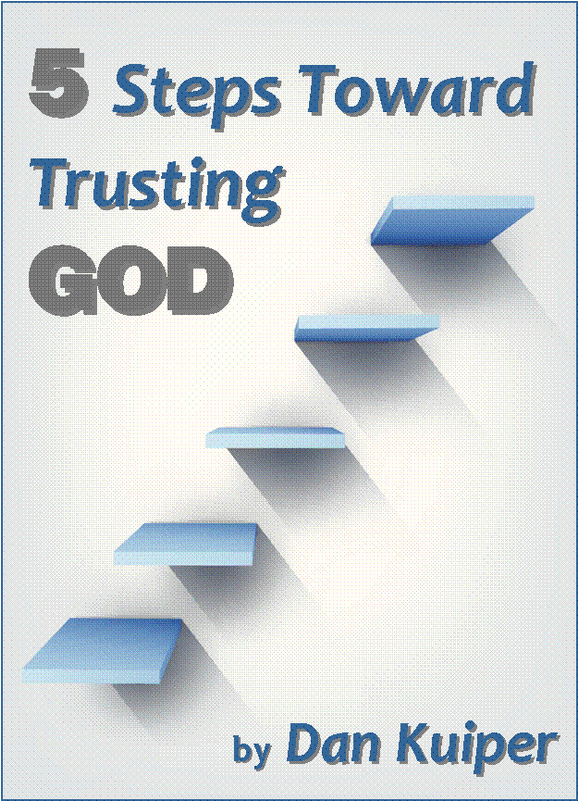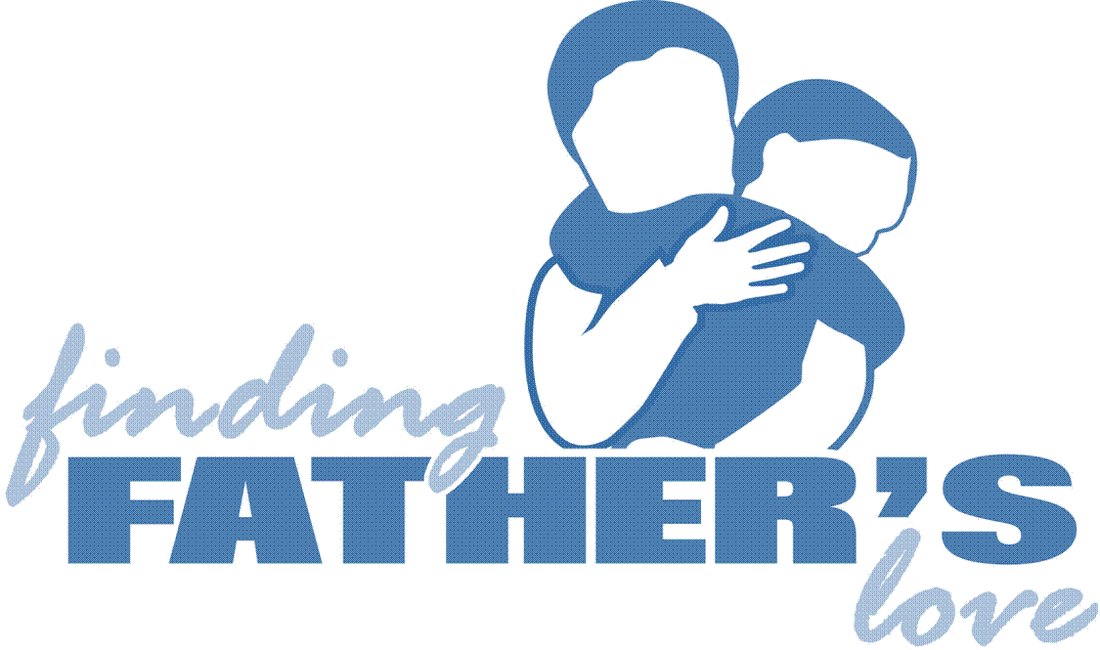|
I remember feeling my heart sink when I saw him come through the door. My wife and I were at a Christmas gathering at our church. My brother spotted me and made his way to our table. He didn’t have to say anything. I knew what had happened by the look on his face. My fears were confirmed with just two words: “He’s gone.”
That December 19th, 20 years ago today, made it a Christmas season very different from any I had ever experienced. Dad had gone into the hospital that year shortly after Thanksgiving. The doctors soon concluded that his heart would not withstand bypass surgery. There were no other options. The goal now was to build up his strength enough so he could come home for what was to be his last Christmas. Just as Jan and I were about to leave for our Christmas party Dad called to see how things were going with us. That was Dad. Literally on his death bed but asking how we and the kids were doing. As the conversation was ending he asked, “When am I supposed to come home again?” Jan answered, “Christmas Eve.” Dad asked, “How many days is that?” Jan told him, “Five.” Dad’s response was peculiar. He said matter-of-factly, “I’m not going to make that.” Jan assured him that if he wanted to the doctors would certainly allow him to come home early. She told him we could come right then to pick him up. Not surprisingly, he declined the offer. Dad never wanted people making a fuss over him. He responded, “No, we’ll see how tonight goes.” A nurse later reported that, according to Dad’s roommate, he was “on the phone with someone, hung up, and died.” Turns out Dad was calling to say goodbye. Most people who are close to me or have heard me speak or have read my writings know that due to my father’s drinking problem we a rather tumultuous relationship. Throughout my childhood I knew my dad as a verbally abusive alcoholic. The name of my ministry--Finding Father’s Love—suggests what my heart yearned for. The very title of my first book--When Father is a Bad Word—offers a glimpse into what my relationship with my father had been like. Through the years I have shared many personal and painful stories about how my dad’s drinking affected me and my family. I have described my father to literally thousands of people with adjectives like violent, scary, mean, and shaming. One would think that news of his passing would trigger feelings of anger, hopelessness, and deep regret. Instead, I found myself overflowing with gratitude. Many people know about the drinking problem my dad had when I was a boy. What they may not know is that my dad overcame his addiction when I was an adult. In what could rightfully be termed a miracle, my dad quit drinking. That in itself is not miraculous. People overcome addictive behaviors every day. It’s how my dad did it. You see, he did it with no visible help. He didn’t seek support from AA. He didn’t go to a counselor for direction. He didn’t rely on a sponsor for support. He just quit. When our pastor got wind of the news he stopped by for a visit. “John,” he said, “I understand you quit drinking.” “That’s right,” Dad said. “I also understand that you’re not going anywhere for help.” “That’s right,” Dad said. “Well,” the pastor replied, “if you’re able to quit without help you’ll be the first person I’ve ever seen do it.” Dad’s response took him aback. He grinned and said, “Then I’ll be the first.” My dad never drank again. Turns out God’s help was the only help he needed. I don’t often speak of this because I don’t want to hold up Dad's story as the norm. For the vast majority of alcoholics, quitting drinking is just the first step. Then they must assemble and rely on a support network to help them maintain sobriety. For many, staying sober is an everyday, lifelong battle. My dad, virtually overnight, was transformed from the raging drunk I feared as a child to the kind and gentle man I was privileged to come to know and love as an adult. There were many tears during that Christmas season 20 years ago. But intermingled with my tears of sadness were tears of profound gratitude.
While I struggled to sing Joy to the World on that Christmas after losing my dad, there were many other familiar carols that took on new meaning for me that year. Some still bring tears. But there are no longer tears of sadness. Only tears of gratitude. Truly He taught us to love one another, His law is love and His gospel is peace. Chains he shall break, for the slave is our brother. And in his name all oppression shall cease. Sweet hymns of joy in grateful chorus raise we, With all our hearts we praise His holy name. Christ is the Lord! Then ever, ever praise we, His power and glory ever more proclaim! His power and glory ever more proclaim! There are three rules in dysfunctional family systems:
1. Don’t talk. 2. Don’t trust. 3. Don’t feel. We learn at an early age not to talk about family problems. We keep them to ourselves either because we are embarrassed about what’s going on or because we’re convinced no one could possibly relate. So we stuff our family stuff. We learn not to trust others. Children are, by nature, very trusting. Not trusting is a learned behavior. When children are unable to trust you can be sure it is because their trust has been violated by someone close to them. When children find they can’t talk freely about what is going on in their life and when they are distrusting of those around them they tend to shut down emotionally. They “turn off” feelings like anger, fear, or sadness because they have nowhere to go with them anyway. Adhering to these three rules as children makes sense. Kids somehow believe that by not talking, not trusting, and not feeling, their pain will be alleviated. But continuing to keep to these rules as adults can have serious consequences. Following these rules as grown-ups does not protect us from pain. It prevents us from wholeness. The first step in successfully putting our past behind us is to break the rules. We must talk about the things that caused and, more than likely, continue to cause so much pain. We must bring to the surface those things we didn’t or weren’t allowed to talk about. Our dark family secrets must be brought into the light if we are ever to strip them of their power. We can’t ignore them. We can’t go around them. We must talk through them. The key to breaking the don’t talk rule is to first break the don’t trust rule. We must find safe people we can talk to. People who have our best interests in mind. People we can be comfortable confiding in. People who won’t judge us. People who accept us–even in our brokenness. As we seek to recover from a painful past we must assemble a support base of trust-worthy people and lean on them often. Yes, this involves risk. But it is a risk worth taking. Trust is the single most important element to a healthy relationship. So find a counselor. Confide in a friend. Join a support group. Trust does not come easy. Truth is, trusting others with things we’ve kept secret our whole lives can be downright terrifying. But learning to trust is crucial to our emotional, spiritual, and relational well-being. And, finally, we must learn how to feel. When we’ve found people we can trust, when we give ourselves permission to speak of things we may have never talked about before, we must then deal openly and honestly with any and all feelings that may pop to the surface. We must identify and process the feelings we have spent a lifetime trying to suppress. Author Gita Bellin writes, “The fastest way to freedom is to feel your feelings.” We must actually feel what we feel and feel those feelings all the way through before we can finally release them. That is the only way the pain of our past will no longer pervade our present. Does the pain and trauma of a difficult childhood still hang like a dark cloud over your adult life? Maybe it’s time to break the rules. |
Free eBook!Join My Mailing List For Email Marketing you can trust. Sign up above to receive my blog posts via email and get a free copy of my ebook, 5 Steps Toward Trusting God.
Privacy Guarantee: Your email will not be shared with anyone else.
Archives
March 2019
Categories
All
Helpful Sites |





 RSS Feed
RSS Feed